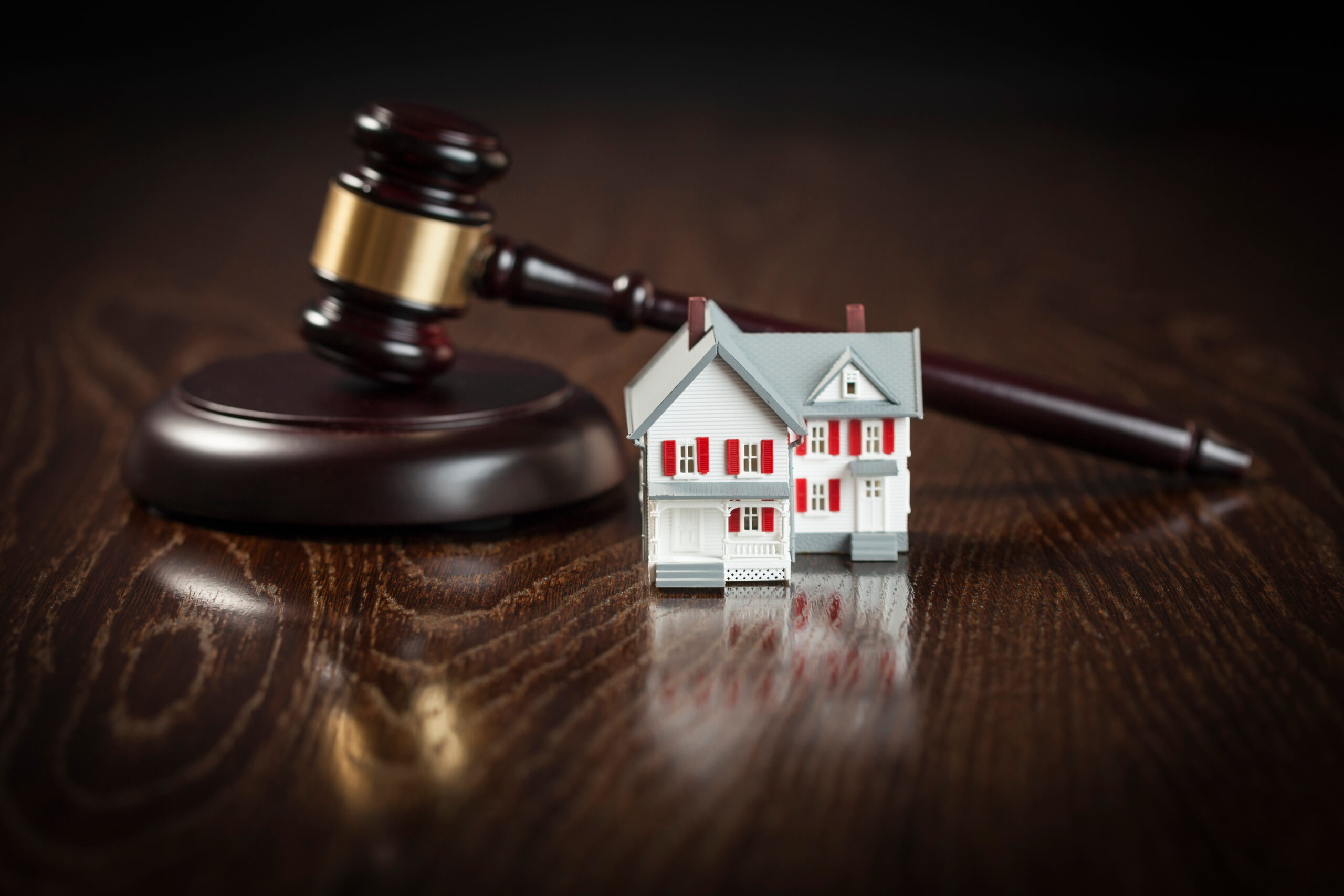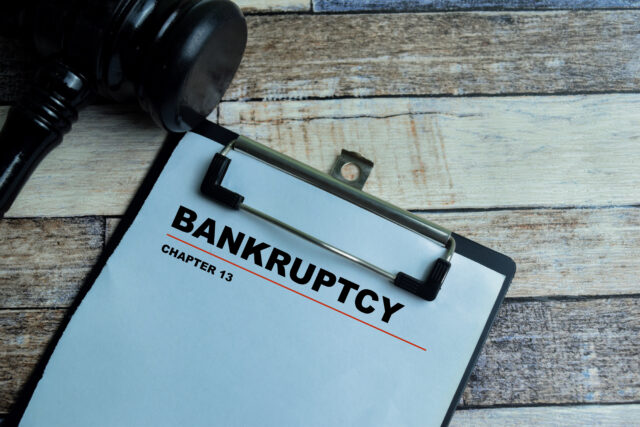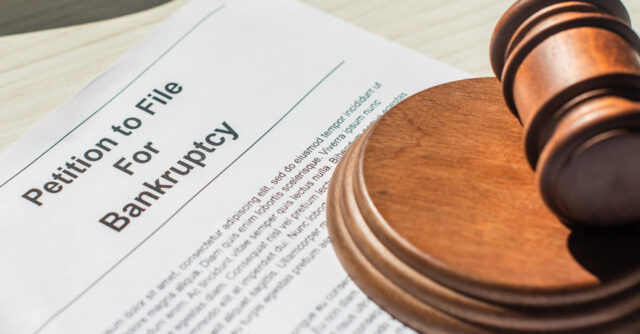Receiving an eviction notice from your landlord can be a deeply unsettling experience, potentially uprooting your life. The urgency of the situation is compounded by the limited time available to secure new housing due to financial difficulties and outstanding debts. If you are facing eviction, filing for bankruptcy may halt proceedings as it triggers the automatic stay. Please continue reading as we explore what you should know about these matters and the importance of connecting with our experienced Gillette Bankruptcy Lawyers.
When Can a Tenant Be Evicted in Wyoming?
As a resident in Wyoming, understanding when a tenant can be evicted is critical. Regardless of whether you live in an apartment building or rent a home, familiarizing yourself with the state’s eviction laws is essential to ensure you know your rights. You should thoroughly examine your lease agreement, as it may contain additional information on the terms of your stay.
In Wyoming, there are various reasons an individual may be evicted, and the amount of notice required will vary depending on the reason the eviction was enacted. Generally, a landlord must issue a written notice to the tenant within three days for violations of the lease agreement or non-payment. A tenant must have enough time to resolve the issue or to vacate the property. If a tenant fails to comply with the eviction notice, the landlord may file a Forcible Detainer Action with the Circuit Court. If the case is successful, the court will issue a Writ of Restitution, which will order the tenant to vacate the property.
You should note that to legally evict a tenant, landlords must go through the court system and receive a signed judgment to have you removed from the premises. Law enforcement is the only entity authorized to physically carry out evictions. Landlords cannot remove a tenant from the property themselves.
Will the Automatic Stay Prevent Eviction Proceedings?
If you are at risk of eviction and bankruptcy seems like the right option given the unique circumstances of your situation, acting swiftly is advisable. For bankruptcy to halt eviction proceedings, you typically need to file before your landlord secures a judgment for removal. Once a landlord obtains this judgment, bankruptcy offers limited recourse. However, filing for bankruptcy before the judgment is issued can trigger an automatic stay, which temporarily prevents eviction until your bankruptcy case is resolved.
This legal injunction stops most collection actions and lawsuits against a debtor and their property. If a creditor wants to resume collection efforts, they must ask the court to lift the automatic stay. It’s important to understand that the court will only grant this request if the creditor can demonstrate that the collateral property will decrease in value without lifting the stay, leading to significant financial hardship.
As you can see, navigating bankruptcy law and eviction proceedings can be complex. Fortunately, you don’t have to do this alone. At 307 Bankruptcy, we are prepared to help you explore your options and understand your rights. Connect with our legal team today to discuss your circumstances.



